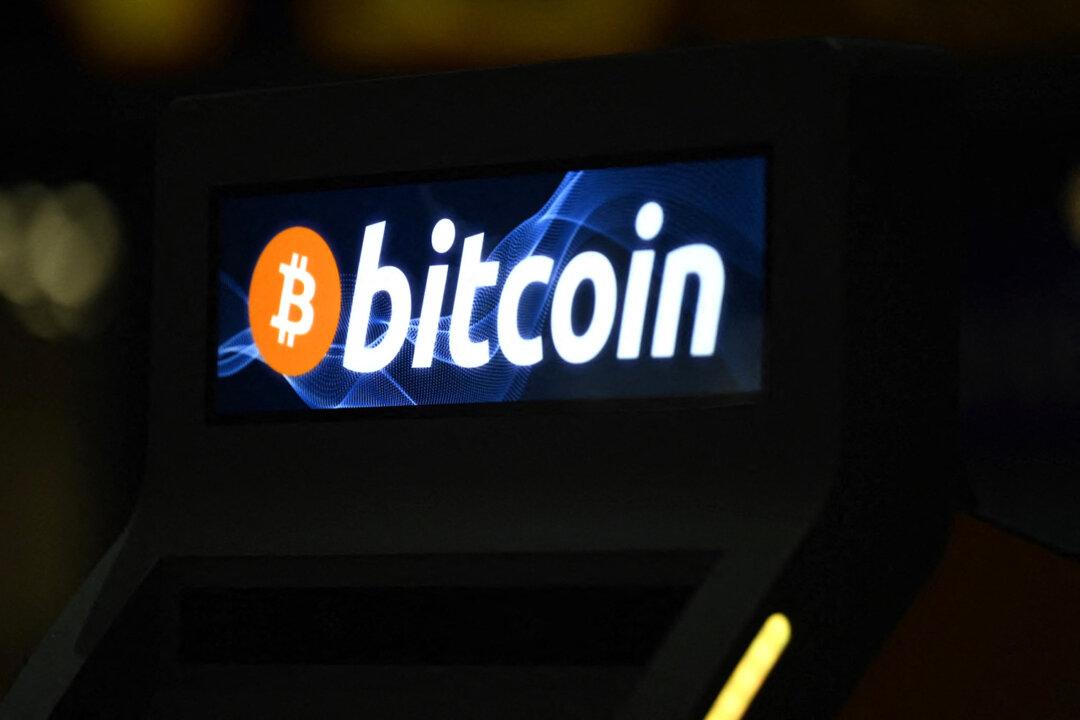Selling pressure continued to bear down on bitcoin on Wednesday after it suffered its heaviest losses in months a day earlier when El Salvador officially adopted the cryptocurrency as legal tender but got off to a rocky start.
Bitcoin was trading at $45,798 on Coinbase at 5:09 a.m. New York time on Sept. 8, down around 13 percent from a near four-month high of $52,956 the day prior, when El Salvador officially adopted the cryptocurrency as legal tender alongside the U.S. dollar. That’s the sharpest fall for bitcoin since it dropped around 19 percent over a two-day period May 18–19.





